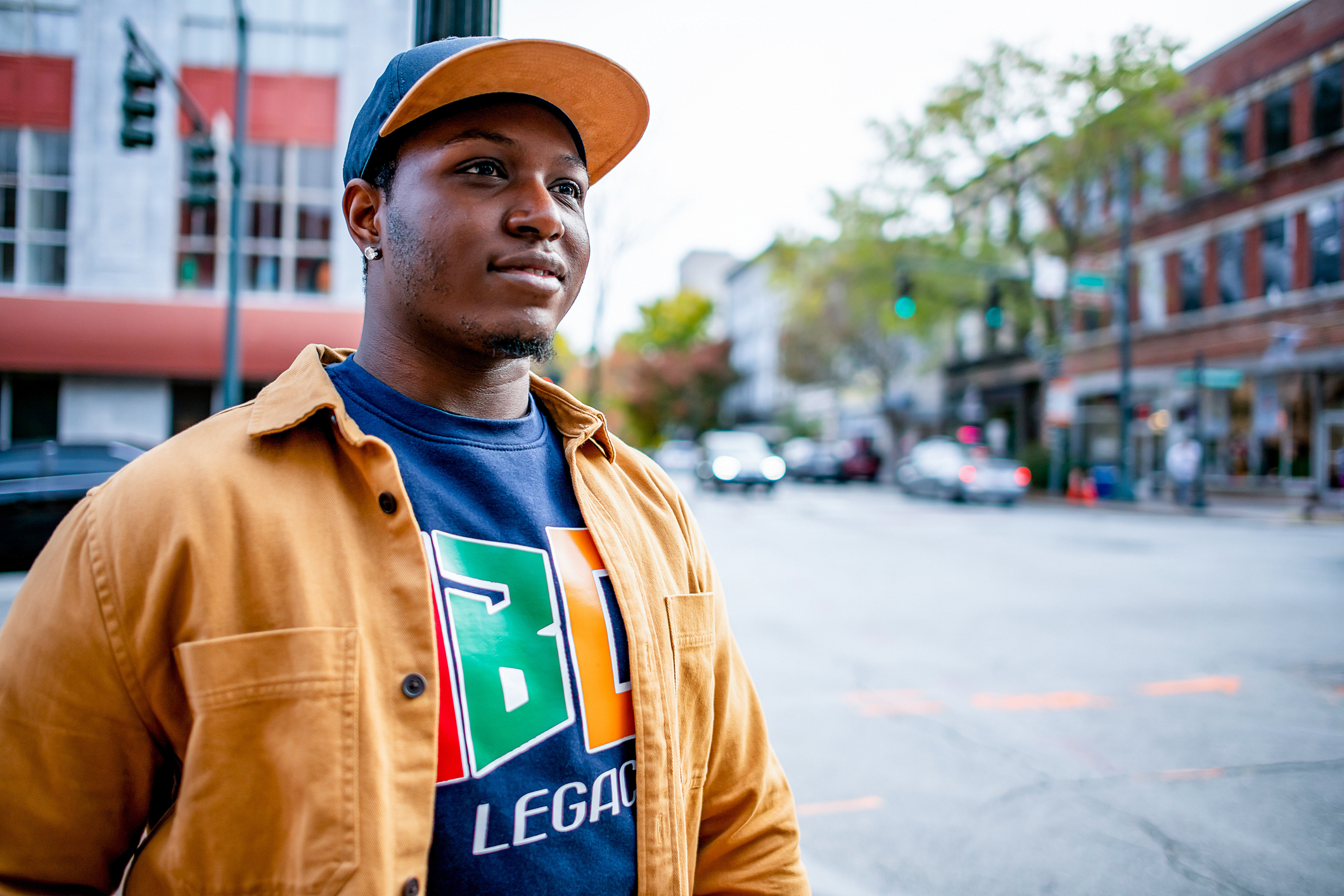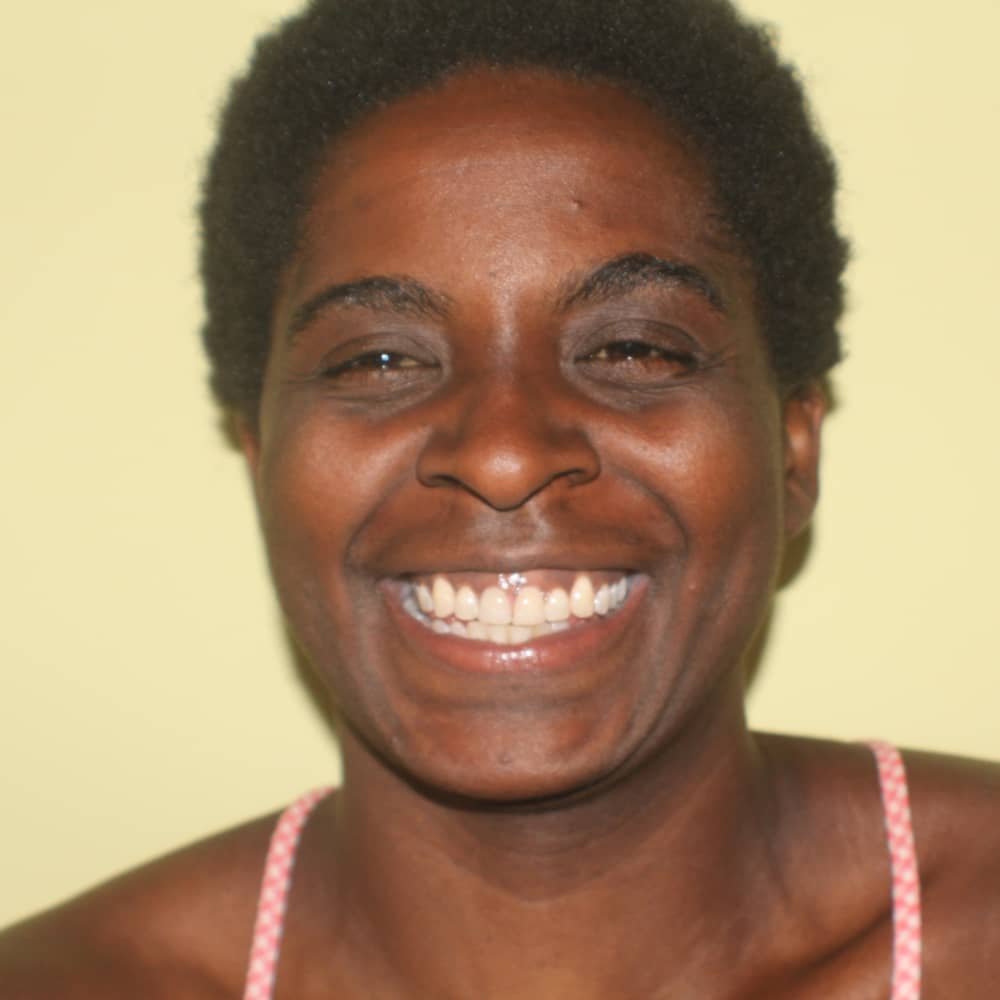Best Historically Black Colleges and Universities of 2024
Discover key facts about the best historically black colleges and universities in the United States.At Bestcolleges.com, we believe in providing accurate and actionable information for students. Our writers, editors, and reporters are constantly asking themselves the question, "What information is vital to students right now?" Answering this question is what drives us. Our mission is to inform students through straightforward, factual content informed by the latest data and trends.
The freelance Integrity Network at BestColleges is comprised of seasoned professionals who bring their expertise to almost every subject relevant to college students, including admissions, college majors, financial aid, and student mental health. Network members review and author content, pulling from their first-hand industry experience and ensuring content is as accurate and up-to-date as possible.
If you're interested in joining our Integrity Network, contact us at media@bestcolleges.com. Integrity Network members typically have a graduate or terminal degree and several years of relevant professional experience.
Explore our full list of Integrity Network members.

3,700+ Nonprofit, accredited colleges analyzed

6,000+ Users connected with programs every month

300+ College and university partners

40+ Expert reviewers
Learn more about our Editorial Policy and Standards and Advertising Disclosure.
Historically Black colleges and universities (HBCUs) were established to make quality, accredited higher education available to Black Americans. However, these institutions never discriminated based on race. Although few white students sought admission historically, today it is not unusual to see more diverse student bodies at HBCUs. Additionally, many non-Black faculty and staff are employed at HBCUs.
There are more than 100 HBCUs across the U.S. These colleges offer a variety of educational programs and vibrant, inclusive community life.
There are many factors you should consider when deciding which college is the right fit. This guide lists some of the top HBCUs — including HBCUs offering top online programs. It can help you decide which HBCU might be the best for you.
2024 Best Accredited Historically Black Colleges and Universities
How We Rank Schools
Florida Agricultural and Mechanical University
- Tallahassee, FL
- 4 year
- Campus + Online
- Accredited
Florida Agricultural and Mechanical University (FAMU) is a public HBCU located in Tallahassee, Florida. Part of the State University System of Florida, FAMU enrolls nearly 10,000 students from across the United States and over 70 countries.
The school hosts 98 degree programs across 14 colleges and schools. This includes 54 bachelor programs, 29 master’s programs, three professional degree programs, and 12 doctoral programs.
Undergraduate tuition costs $2,277 for in-state students living on campus. Out-of-state tuition costs $8,250 per semester. FAMU offers some undergraduate and graduate courses online.
56%
$ 5,645
86%
$17,585
- Acceptance Rate
- 21%
- Students Enrolled
- 9,265
- Institution Type
- Public
North Carolina A&T State University
- Greensboro, NC
- 4 year
- Campus + Online
- Accredited
North Carolina A&T State University is a public research university in Greensboro, North Carolina. This university offers 59 undergraduate degrees, 29 master’s degrees, 9 doctoral degrees, and 9 certificate programs across eight colleges.
Additionally, North Carolina A&T State University has a growing number of online programs.
Undergraduate tuition costs $3,504 for in-state students and $17,200 for out-of-state students. Graduate students pay $59 to $375 per credit hour, depending on the program.
61%
$ 3,540
74%
$17,050
- Acceptance Rate
- 56%
- Students Enrolled
- 13,487
- Institution Type
- Public
Hampton University
- Hampton, VA
- 4 year
- Campus + Online
- Accredited
Hampton University, located in Hampton, Virginia, hosts over 80 academic programs that include engineering, journalism and communications, biology, nursing, counseling, and computer science.
This private university offers a wide range of degree and certificate programs that include journalism, marketing, liberal studies, music, medical science, and human resources management.
Tuition costs $26,198 plus room and board. There are also additional comprehensive fees for undergraduates.
There are 3,649 students enrolled in Hampton University, which offers 133 programs. Hampton also offers a 15-to-1 student-to-faculty ratio.
11%
$26,198
77%
$26,198
- Acceptance Rate
- 76%
- Students Enrolled
- 3,249
- Institution Type
- Private
Delaware State University
- Dover, DE
- 4 year
- Campus + Online
- Accredited
Founded in 1891 as the State College for Colored Students, Delaware State University is a private university located in Dover, Delaware. With over 60 academic paths, Delaware State University teaches undergraduate and graduate courses in accounting, bioengineering, English, music therapy, physics, psychology, and nursing, among many other courses.
Full-time, in-state students pay $4,269 per semester, while part-time, in-state students pay $346 per credit hour for the first three credits. Out-of-state, full-time students pay $5,476.50 per semester, and part-time, out-of-state students pay $764 per credit hour.
77%
$ 7,038
75%
$16,960
- Acceptance Rate
- 55%
- Students Enrolled
- 5,826
- Institution Type
- Public
North Carolina Central University
- Durham, NC
- 4 year
- Campus + Online
- Accredited
North Carolina Central University is a public HBCU located in Durham, North Carolina. This university offers over 100 courses between four colleges: Education, Business, Health and Science, and Arts, Social Science, and Humanities.
In the fall of 2023, North Carolina Central University accepted 1,465 new students with an average high school GPA of 3.23 and an average SAT score of 888.
In-state tuition costs $185.50 per credit hour, while out-of-state undergraduates pay $727.67. In-state graduate students pay $298.73 per credit hour, while out-of-state students pay $1,038.07 per credit hour.
61%
$ 3,728
76%
$16,435
- Acceptance Rate
- 84%
- Students Enrolled
- 7,553
- Institution Type
- Public
Winston-Salem State University
- Winston-Salem, NC
- 4 year
- Campus + Online
- Accredited
Winston-Salem State University is a public university located in Winston-Salem, North Carolina. This university offers 40 undergraduate majors and 10 graduate programs in business leadership & entrepreneurship, social justice and advocacy, education, health science and nursing, STEM, and communications, languages, and media.
Tuition rates for in-state undergraduates are $141.71 per credit hour. Out-of-state students pay $585.72. In-state graduate students pay $215.12 per credit hour, and out-of-state students pay $800.37. Students can also choose to study online.
81%
$ 3,401
77%
$14,057
- Acceptance Rate
- 73%
- Students Enrolled
- 5,004
- Institution Type
- Public
Oakwood University
- Huntsville, AL
- 4 year
- Campus + Online
- Accredited
Located in Huntsville, Alabama, Oakwood University is a private Seventh-day Adventist HBCU that provides a biblically-based education across eight schools and colleges.
Oakwood University has five schools with over 60 majors between them. These include chemistry, social work, nursing, political science, psychology, history, and accounting. Graduate students can select one of five degree programs that include public health and social work.
Annual tuition for resident and non-resident students costs $10,361. Oakwood offers several scholarships as well as summer school options.
46%
$18,974
77%
$18,974
- Acceptance Rate
- 68%
- Students Enrolled
- 1,470
- Institution Type
- Private

What Is an HBCU?
HBCUs were established in the 19th century to provide Black Americans with educational opportunities. Due to slavery, segregation, and systemic racism, traditionally white institutions denied Black Americans admission. The Higher Education Act of 1965 defines HBCUs as accredited higher education institutions established before 1964 whose principal mission was, and is, the education of Black Americans.
Dr. Kimberley Brown Pellum, a specialist in the history of women’s images, Southern culture, and the Black Freedom Struggle, describes HBCUs as living artifacts of Africana/Black cultural continuity and productivity. She continues, saying, Those who attend usually have a preexisting appreciation for Black life and the ways these institutions have protected and sustained them over the last century and beyond.
There are currently 107 HBCUs serving more than 228,000 students throughout the country. HBCUs can be either public or private colleges. While HBCUs historically only served Black students, nearly a quarter of students enrolled in HBCUs as of 2019 were non-Black.
Frequently Asked Questions About HBCUs
There are 107 HBCUs across the United States, enrolling more than 228,000 students. Of these institutions, two-thirds are public, and most are four-year colleges and universities. Although learners can find HBCUs across the country, many are on the eastern side of the nation.
Meet the Expert

With a terminal degree in U.S. history from Howard University, Dr. Kimberly Brown Pellum specializes in the history of women’s images, Southern culture, and the Black freedom struggle. Her contributions to publicly accessible history include work at the Smithsonian Institution’s National Museum of American History, The National Park Service, The Rosa Parks Museum and Google’s Arts & Culture series. Kimberly is currently a member of the faculty in the Department of History at Florida A&M University and sparkle is her favorite color. Check out how sequins and serious scholarship come together in her role as director for the digital Museum of Black Beauty.
Note: The insights on this page were reviewed by an independent third party compensated for their time by BestColleges. Page last reviewed August 5, 2024.
Explore More College Resources
Other Generic Resources
General
careers






